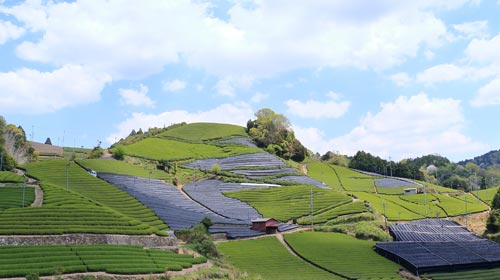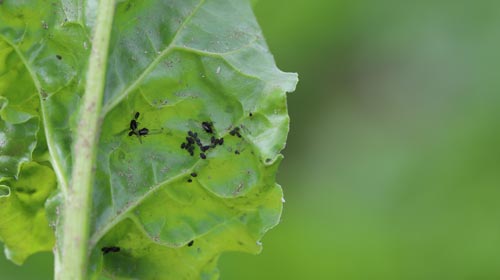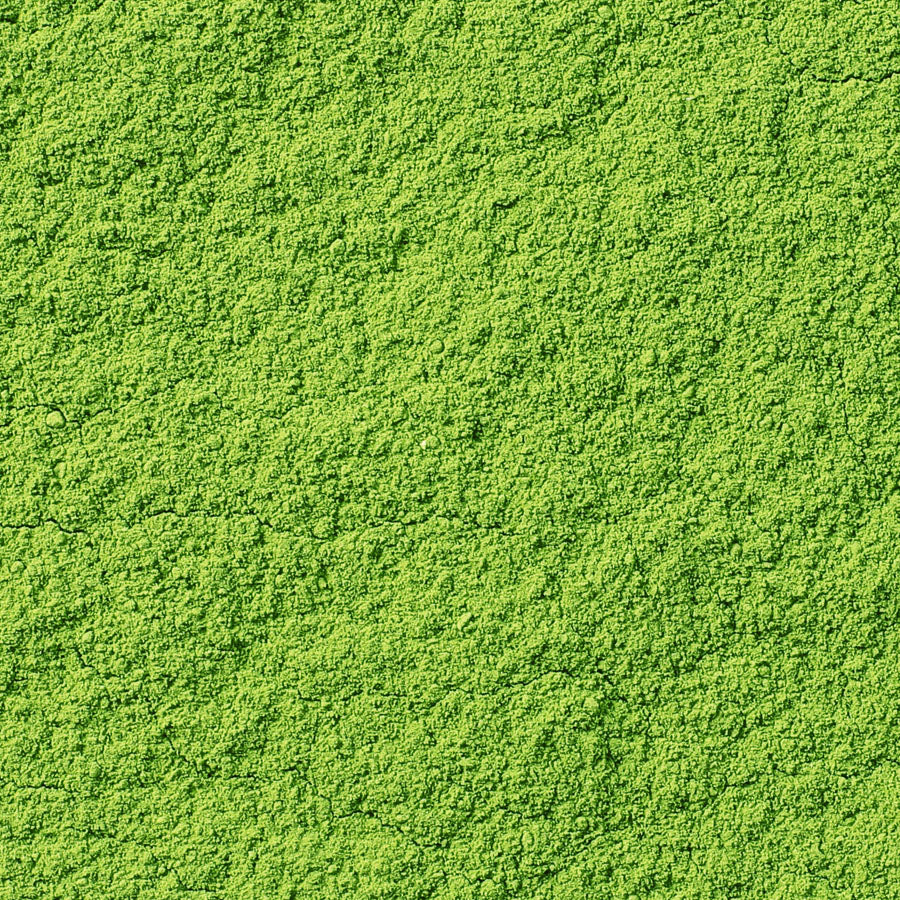Uji Matcha – inspiration and origin for our vision of regional Matcha
When it comes to high-quality matcha, there's no getting around Uji . This traditional region in the Japanese prefecture of Kyoto stands for quality, care, and centuries-old tea craftsmanship like no other. At Growing Karma, we view Uji not only as a source of inspiration but also as a living example of how we want to develop and shape our own matcha production in Schünow, Brandenburg , very close to Berlin.
Here we tell you why Uji is important to us, among many other aspects, and how we apply this philosophy to our homeland.
Uji – The cradle of Japanese matcha culture
Tea has been cultivated in Uji since the 12th century. Benefiting from the misty climate, mineral-rich soils, and rolling hills, a unique tea culture developed here. Famous tea masters such as Sen no Rikyū perfected the art of the tea ceremony and matcha cultivation.
What sets Uji apart is the combination of closeness to nature, craftsmanship, and a deep respect for the plant. These principles also shape our work at Growing Karma.
What we learn from Uji – and reinterpret
Shade cultivation:
In Uji, the tea plants are carefully shaded for several weeks before harvest to increase their L-theanine and chlorophyll levels. At Growing Karma, we are also developing innovative shading systems to provide our Camellia sinensis plants in Schünow with similar conditions—adapted to our "Northern German" climate.
Careful handcraft:
Inspired by the traditional harvesting method in Uji, we focus on selective harvesting, harvesting only the youngest, most tender shoots. Each picking is done carefully by hand to preserve the quality of the leaves.
Gentle processing:
As in Uji, we aim to process our leaves into high-quality tencha and then grind them into the finest matcha using stone or ceramic grinders—an art form that requires patience, precision, and considerable experience. Our future production in Brandenburg will embrace this philosophy and implement it with regional energy.
Schünow – a new home for Camellia sinensis
The idea of achieving Uji-level matcha quality in Brandenburg may seem ambitious at first glance. However, the cooler nights, long spring days, and mineral-rich sandy soils offer the potential for tea plants to flourish with a unique style.
Our cultivation methods are organic, respectful of nature and the soil, and consistently based on permaculture principles. We use only natural fertilizers.
Our vision: To one day produce matcha that is unique in taste, color and character – shaped by Brandenburg, inspired by the best matcha producers in Japan.
Historical depth and modern implementation
For me, Uji means more than just a role model in the art of tea. It's a symbol of patience, craftsmanship, humility before nature, and attention to detail. We carry these values forward in our project in Schünow – with a modern interpretation, but with the same reverence for the plant and its incredible potential.
I believe that true matcha is not created through industrial efficiency, but through mindfulness and a deep connection with the process – from seed to bowl.
An outlook
We are still at the beginning of our journey, but we are convinced: a new history is being written in Schünow – a history that is based on the experiences and insights gained from centuries of tea cultivation and yet creates something completely unique.
And perhaps one day our matcha will be as valued as the one from Uji – not as a copy, but as an expression of a new, vibrant tea culture just outside Berlin.




Leave a comment
This site is protected by hCaptcha and the hCaptcha Privacy Policy and Terms of Service apply.